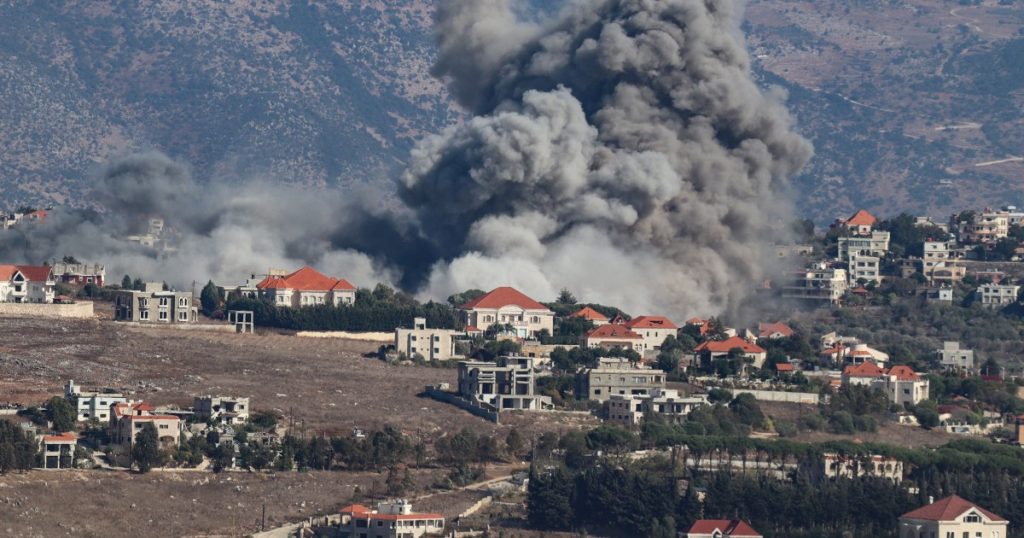The U.S., the European Union, and nearly a dozen other countries are calling for an immediate 21-day cease-fire between Israel and Hezbollah to allow for negotiations. The conflict began following a terrorist attack by Hamas on Israel, resulting in over 1,200 deaths. The violence has escalated with airstrikes and explosions, causing over 600 deaths in Lebanon and displacing thousands of people. The joint statement from the countries emphasizes the need for a diplomatic settlement to end the conflict and ensure the safety of civilians on both sides of the border.
The proposal for a cease-fire was negotiated and agreed upon by major countries like the U.S., the European Union, Saudi Arabia, and Japan. The goal is not only to halt the violence between Israel and Hezbollah but also to revive peace talks between Israel and Hamas in the Gaza Strip. The Biden administration is hopeful that the cease-fire will open up possibilities for bringing home the hostages held by Hamas since October of the previous year. President Joe Biden mentioned the possibility of an all-out war but also a potential settlement that could fundamentally change the region.
Secretary of State Antony Blinken has been conducting shuttle diplomacy to secure support for the cease-fire proposal. He has engaged with leaders from various countries, including Gulf Arab nations and European allies. The Biden administration has also been communicating with Israel and indirectly with Hezbollah throughout the week. Israeli Prime Minister Benjamin Netanyahu is expected to address the United Nations General Assembly on Friday. A ground invasion by Israel into Lebanon does not appear to be imminent, although preparations are being made in case diplomatic efforts do not yield results.
The violence between Israel and Hezbollah has resulted in evacuations and displacement of tens of thousands of people on both sides of the border. Lebanon witnessed an intensification of the conflict with bombings and retaliatory strikes by both parties. The explosions in Lebanon were followed by Israeli strikes against Hezbollah positions, leading to a significant number of casualties. The latest conflict has been the deadliest since the 2006 war between Israel and Lebanon, with thousands of people fleeing to neighboring countries.
There are fears of further escalation if a cease-fire is not established promptly. The U.S. military has clarified that it is not providing intelligence support for Israeli operations in Lebanon and is not involved in any potential ground intervention by Israel. The focus remains on achieving a diplomatic settlement to end the violence and ensure the safety of civilians. The international community is urging both Israel and Hezbollah to accept the cease-fire proposal without delay to prevent further loss of life and broader regional instability.
Efforts are being made to jump-start peace talks between Israel and Hamas in Gaza, in addition to facilitating negotiations between Israel and Hezbollah in Lebanon. The goal is to bring an end to the conflict and allow civilians to return to their homes safely. The cease-fire proposal has gained support from key countries and international bodies, with an emphasis on the urgent need for a diplomatic resolution. All parties involved are being urged to cooperate and work towards de-escalating the situation to avoid a larger-scale war in the region.


